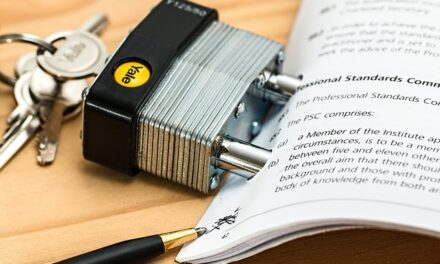
The Simplified Joint Stock Company (Société par Actions Simplifiée, or SAS) is a popular choice for businesses in France due to its flexibility and ease of management. This legal structure is especially attractive to foreign investors and entrepreneurs seeking to establish a presence in France.
This article will provide an overview of the steps involved in setting up an SAS in France, along with the legal requirements and advantages of this business entity.
Choosing a Company Name
The first step in establishing an SAS is choosing a company name that is unique and not already in use by another business. You can search for available names through the French National Institute of Industrial Property (INPI) database. It is essential to ensure that the name does not infringe on any existing trademarks or intellectual property rights.
Drafting the Articles of Association
The Articles of Association (statuts) are a legal document outlining the company’s purpose, structure, and rules. They must be drafted in French and include the following information:
- Company name and registered address
- Business purpose
- Share capital and share structure
- Identification of shareholders and their respective contributions
- Governance and management structure
- Rules for shareholder meetings and decision-making processes
- Provisions for share transfers and company dissolution
When setting up the company, the associates will have to choose the taxation terms. Additionally, it will be necessary to check whether the activity is regulated and, if necessary, obtain authorization
Share Capital Requirements
An SAS must have a minimum share capital of €1, although it is common to allocate a higher amount. The share capital can be in cash or contributions in kind, such as equipment, patents, or other non-monetary assets. These contributions must be evaluated by an independent auditor unless all shareholders unanimously waive this requirement.
Appointing Management
An SAS must appoint at least one president (président), who represents the company and has the authority to bind it in legal transactions. The president can be an individual or a legal entity and does not need to be a shareholder. Additional management positions, such as a CEO or board of directors, can be created and defined in the Articles of Association.
Deposit the Share Capital
Share capital must be deposited in a blocked bank account, and a certificate of deposit (Attestation de dépôt des fonds) must be obtained from the bank. This certificate will be required when registering the company.
Publish a Legal Notice
You must publish a legal notice of the company’s formation in an authorized legal announcement journal. This notice should include the company name, registered office address, business purpose, share capital, and details of the managing directors.
Register the Company
To register the SAS, you must submit the following documents to the French Commercial Court (greffe du tribunal de commerce) by « le Guichet des entreprises » :
- Articles of Association
- List of company shareholders
- Declaration of non-conviction and a copy of the president’s ID
- Proof of the company’s registered address
- Bank certificate confirming the deposit of the share capital
- Legal notice Published
Upon approval, the court will issue a unique identification number (SIREN) and provide a certificate of incorporation (Kbis extract).
Post-Registration Requirements
After registration, the SAS must meet various ongoing legal requirements, including:
- Annual financial statements and audits (if applicable)
- Regular shareholder meetings and maintaining minutes
- Complying with French labor and tax laws
- Updating company information with the Commercial Court, as needed
Conclusion
Establishing an SAS in France provides several advantages, such as limited liability for shareholders, flexible management structure, and ease of doing business for foreign investors. By following the steps outlined in this article and adhering to the legal requirements, entrepreneurs can successfully create an SAS and take advantage of the opportunities offered by the French market.
Our law firm assists you in creating your SAS or in case of disputes between shareholders, the president, administration, or third parties






